Dinner with Darwin
FOOD, DRINK, AND EVOLUTION
Jonathan Silvertown
The University of Chicago Press
Chicago and London
The University of Chicago Press, Chicago 60637
The University of Chicago Press, Ltd., London
2017 by Jonathan Silvertown
All rights reserved. No part of this book may be used or reproduced in any manner whatsoever without written permission, except in the case of brief quotations in critical articles and reviews. For more information, contact the University of Chicago Press, 1427 E. 60th St., Chicago, IL 60637.
Published 2017
Printed in the United States of America
26 25 24 23 22 21 20 19 18 17 1 2 3 4 5
ISBN -13: 978-0-226-24539-3 (cloth)
ISBN -13: 978-0-226-48923-0 (e-book)
DOI : 10.7208/chicago/9780226489230.001.0001
Library of Congress Cataloging-in-Publication Data
Names: Silvertown, Jonathan W., author.
Title: Dinner with Darwin: food, drink, and evolution / Jonathan Silvertown.
Description: Chicago; London: The University of Chicago Press, 2017. | Includes bibliographical references.
Identifiers: LCCN 2017007291 | ISBN 9780226245393 (cloth: alk. paper) | ISBN 9780226489230 (e-book)
Subjects: LCSH : Food habits. | Diet. | EvolutionSocial aspects. | Dinners and dining.
Classification: LCC GT 2855 .S58 2017 | DDC 394.1/2dc23 LC record available at https://lccn.loc.gov/2017007291
 This paper meets the requirements of ANSI / NISO Z 39.48-1992 (Permanence of Paper).
This paper meets the requirements of ANSI / NISO Z 39.48-1992 (Permanence of Paper).
For my brother, Adrian
Contents
An Invitation to Dinner
There are too many books on food. That is a contrary, self-defeating statement to read in yet another book on food, but have you never wondered what there could possibly be left to say on the subject? This thought certainly occurred to me one afternoon as, careful not to awaken the exhausted students dozing in the window niches, I browsed the food section of the well-stocked library at University of California, Davis. There, every facet of food and drink from Artichoke to Zinfandel is researched and taught. Merely scanning the titles on the shelves was an education in itself. The Complete Idiots Guide to Smoking Foods has presumably prevented many of its intellectually challenged readers from mistaking barbecue for pipe tobacco.
Who would have thought that a large volume on Bubbles in Food would require an even more voluminous follow-up: Bubbles in Food 2? Or that shelved among books on meat and pies, a book called A Diet of Tripe would not contain instructions on how to survive on the cooked stomach lining of cows, but a diatribe against food faddism in general and vegetarianism in particular. Across the aisle was No More Bull! , a vegan manifesto written by an erstwhile cowboy. If the authors of these two books ever met, Id like to think that the author of Handheld Pies would also be there to supply the ammo. On a more serious note (well, almost), the proceedings of an Oxford Symposium on food and cookery yielded a mother lode of erudition on Ancient Jewish Sausages, Transylvanian Charcoal-Coated Bread, Shad Planking, and UFOs (Unidentified Fermented Objects). For the more industrially minded cook, there was the book Food Processing by Ultra High Pressure Twin-Screw Extrusion .
So, just in case there really is a surfeit of books on food, I want us to pretend that what you now hold in your hands is not so much a book as an invitation to dinner in the hope that, if you are like me, you can never have too many of those. This, though, is going to be a dinner with a difference. This is going to be a dinner of the mind. Of course, every meal belongs in the brain, for this is where the sensations created by eating food are processed and perceived, but my invitation is to think about what we eat in a different way.
For example, what do eggs, milk, and flour have in common? If you enjoy cooking, you will immediately recognize that these are the chief ingredients of pancakes, but there is another much more interesting answer too. Eggs, milk, and seeds (from which flour is made) are each designed by evolution to nourish offspring. Ponder this simple fact deeply, and a whole story will explode from the idea. This book tells that story, not just for pancake ingredients, but for a fourteen-chapter meal.
Everything we eat has an evolutionary history. Every supermarket shelf is packed with the products of evolution, though the label on the poultry will not remind us of this with a Jurassic sell-by date, nor will the tickets in the produce aisle betray the fact that corn has a 6,000-year history of artificial selection by pre-Colombian Americans. Any shopping list, each recipe, every menu, and all ingredients contain a silent invitation to dine with the father of evolutionary understanding, Charles Darwin.
Until Darwins book On the Origin of Species was published in 1859, the obvious presence of design in naturelike the perfect nutritive qualities of milk as food for babieswas held to be self-evident proof of the existence of a designer and that designer must be God. But Darwin came up with another answer: natural selection. Everything in nature varies, and a proportion of that variation is usually inherited. Adults vary in their tolerance of milk, for example, and this tolerance is largely genetic. Natural selection is the winnowing of inherited variation that, little by little, generation by generation, cumulatively improves the functioning of organisms, as the genetic variants that are better suited to local conditions multiply at the expense of the less well-adapted ones. This process of gradual evolution is blind and free from any intention, plan, or goal.
Evolution by natural selection produces design without any designer. Contradictory though this may sound, its the process that not only produced our food, but also produced us. Our relationships with food demonstrate evolution in ourselves and in what we eat. Learning about these relationships can nourish the mind as well as the stomach. If you have a taste for long words, you might call it evolutionary gastronomy, or you could just say that we are going to make a meal out of evolution.
The very first chapter of On the Origin of Species is about the domestication of plants and animals because Darwin realized that the process of artificial selection that breeders use to produce new varieties is analogous to natural selection. The enormous, cumulative changes wrought by breeders demonstrate what can also be achieved by a gradual process of natural selection. At first sight, it may seem strange that plants and animals are so malleable that we can divert them from their own evolutionary path and shape them so readily to meet our particular needs. The reason that this is possible is that artificial selection is itself an evolutionary process, so that rather than working against evolution, we are in fact working with it.
Artificial selection directs the evolution of plants and animals in the same way that an engineer directs the flow of a river by shaping the landscape with canals, dams, and levees, enabling gravity to channel water in the desired direction. Breeders direct the flow of genes by selecting which individuals will produce the next generation, and genetics does the rest. Two things are needed for this to work: there must be variation among individuals in the characteristics the breeder wants to influence, and a proportion of this variation must be inherited (heritable).

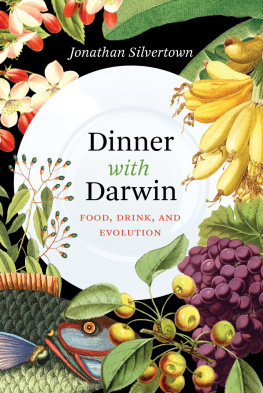





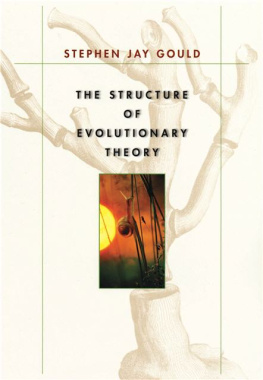
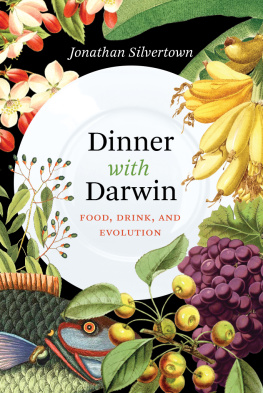

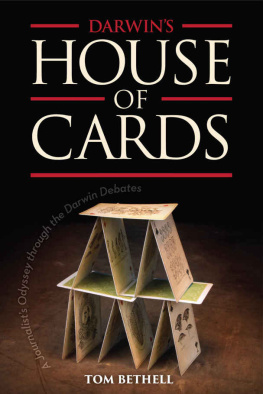
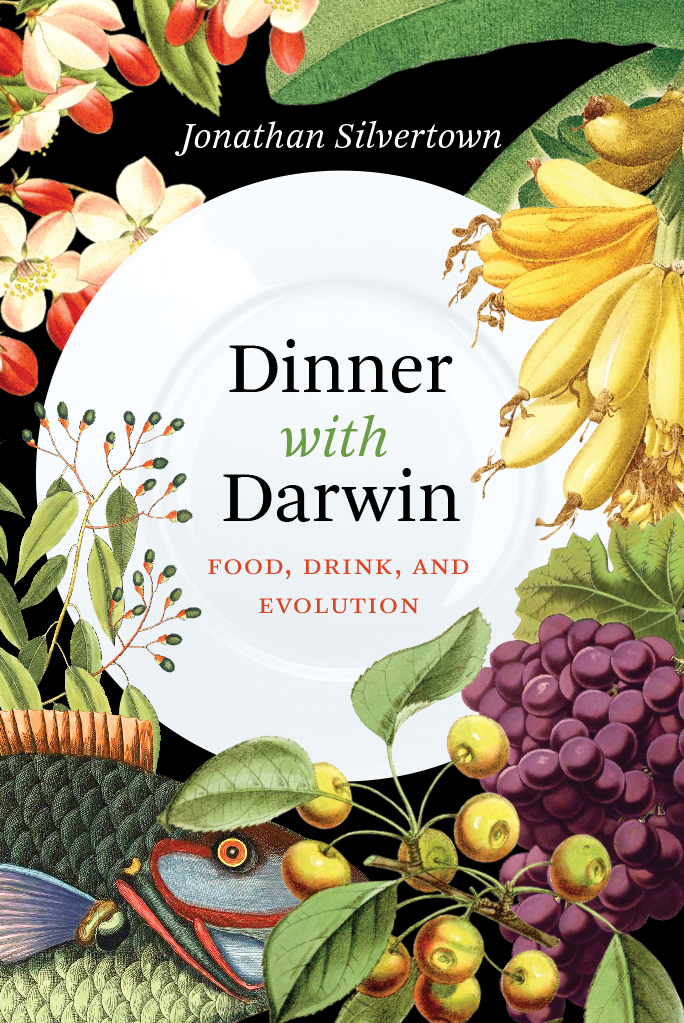
 This paper meets the requirements of ANSI / NISO Z 39.48-1992 (Permanence of Paper).
This paper meets the requirements of ANSI / NISO Z 39.48-1992 (Permanence of Paper).